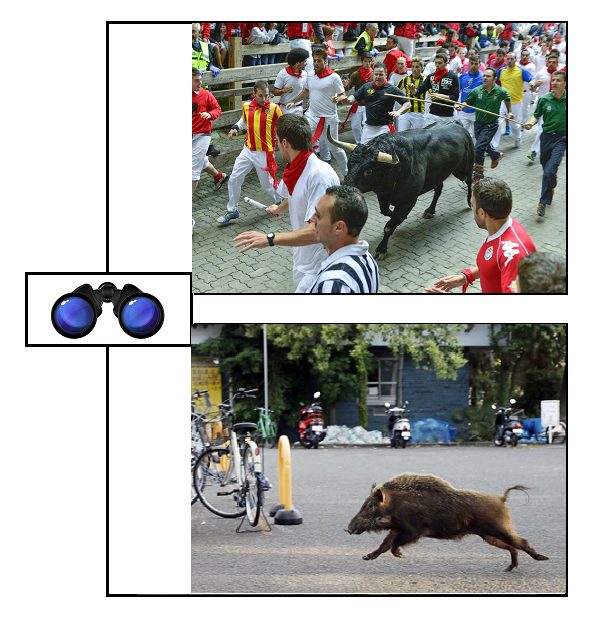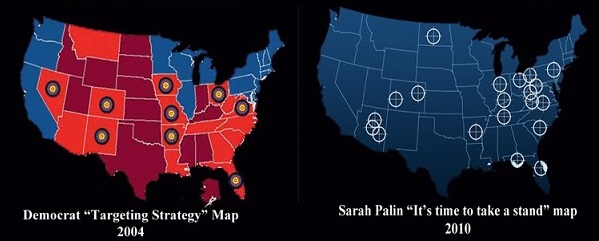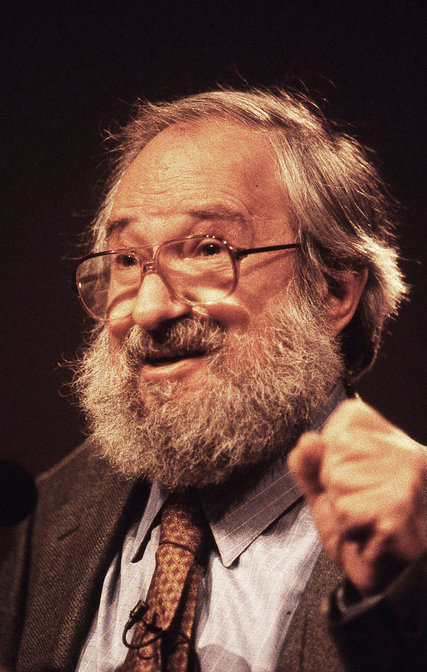[ by Charles Cameron — jazzing on WotR plus Hesse’s GBG ]
.

**
Towards the end of her fine War on the Rocks piece, Blue Hair in the Gray Zone, Dr. Jacquelyn Schneider, Assistant Professor at the U.S. Naval War College (and lucky they are to have her) wrote:
The U.S. military has devoted immense resources to technology, but the future forces will fail without humans designing, adapting, operating, and maintaining the technology.
That’s pretty much the thrust of her whole piece — towards the beginning she’s already said it:
With the pace of current technological change, future force architects should care just as much about the people that man the forces as they do the machines.
**
I applaud Dr. Schneider’s article, obviously — but to my mind’s eye it sums to a tiny, concentrated, powerful relationship:
technology : humans
We have the technology, the relation says, we need the humans.
I’m with that, but as always when I see writings that sum to that relation, I think of my own, repeated, obsessive equivalent:
humans : ideas
That’s my obstinate Plus One.
**
It began, I suppose, with Hermann Hesse, who described his Glass Bead Game in a poem as a game played in a garden:
In the title poem of his book, Hours in the Garden .. is the Game as he played it himself, while raking leaves in his garden and burning them. In this simpler form, the great Game consists in imagining the great minds and hearts of the past — “wise men and poets and scholars and artists” — meeting across the centuries and talking…
That’s the game as an interaction between humans. In his great, Nobel-winning novel The Glass Bead Game, however, he has abstracted the game, and it is now played with ideas, rather than people:
The Glass Bead Game is thus a mode of playing with the total contents and values of our culture; it plays with them as, say, in the great age of the arts a painter might have played with the colors on his palette. All the insights, noble thoughts, and works of art that the human race has produced in its creative eras, all that subsequent periods of scholarly study have reduced to concepts and converted into intellectual values the Glass Bead Game player plays like the organist on an organ. And this organ has attained an almost unimaginable perfection; its manuals and pedals range over the entire intellectual cosmos; its stops are almost beyond number. Theoretically this instrument is capable of reproducing in the Game the entire intellectual content of the universe.
Hence for myself, once and always:
humans : ideas
**
But that’s my background motif, the ostinato of my passacaglia, always running in the background of my mind, even when I’m reading War on the Rocks.
And then I’m reading Dr. Schneider, and in the overlap of concepts —
technology : humans meets humans : ideas
or more simply:
technology : humans : ideas
**
That’s what I’m impelled to say: just as we need the people to give algorithms to meaning and extract meaning from them, so we need the algorithms, and their contexts on a range of scales from tactical issues to the great questions of war and peace, conflict and resolution, pacifist’s and warrior’s codes…
What say your heart and mind?









